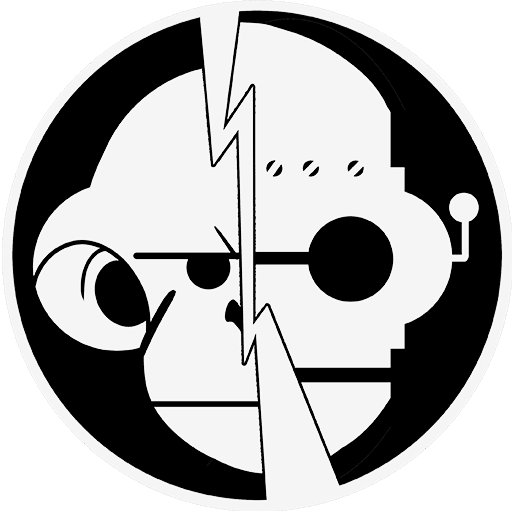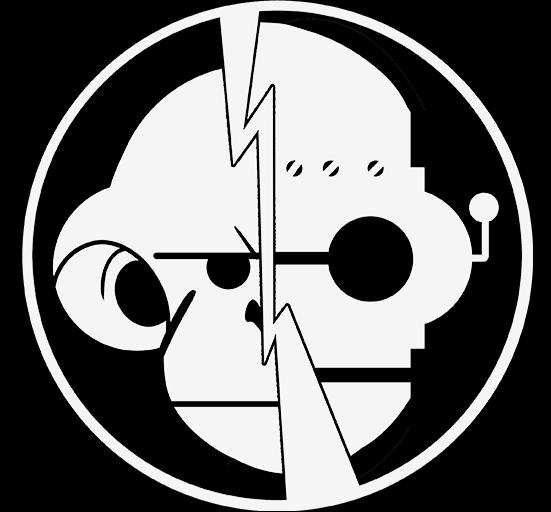Cinematographer Adrian Peng Correia followed the life of a Muslim-American in Ramy on Hulu and an American Princess running off to find her dreams (or escape reality), but now he’s faced with the gorgeous ladies of wrestling or GLOW, the Netflix series based on the late 80s wrestling show.
GLOW centers around an ensemble cast lead by Alison Brie. All the women of the show face adversity while seeking a better life. That better life may or may not be provided by a strange but burgeoning television that flips the wrestling of the day on its head. GLOW is part comedy, but mostly a drama about finding your place in the world, finding friends, and freeing yourself from a life you didn’t want to begin with.
PopAxiom spent some time talking to Adrian Peng Correia about becoming a cinematographer, his favorite cameras and making GLOW shine bright.
Visions of Light
Throughout the 100 year history of film, the projects have added many roles. Today, the average Hollywood production coordinates the efforts of nearly 600 people. Directors, actors, and composers seem to get all the attention, though. “It wasn’t until I was in my early 20s and I watched a documentary called Visions of Light that I really understood there was something else. A whole world behind the camera.”
Like the average viewer, Adrian, “… understood there was a director and through cultural osmosis people like John Williams.”
“But that documentary was the first time I thought, someone is responsible for the photography of a film … and I understood the nature of that role.”
Visions of Light planted a seed. “That doc started the process of me learning about cinematography then investigating it more and then an obsession.”

Getting The Glow
Before signing on to the second season of GLOW, Adrian worked on many other projects running the gamut of genres. Talent and connections create opportunities. For Adrian, he was friends with Reed Morano who “… knew Jesse Peretz [director of the season one pilot].”
Peretz mentioned to Moran that, “GLOW needs a new DP,” and, “Reed recommended me.”
Peretz brought Adrian in for an interview after looking at his reel. According to Adrian, “the interview went well.” But a couple of weeks of waiting and “nervous grating” ensured. “Then, I got the call.”
Adrian shares the moment the call came in. “I was visiting my mother in law who was convalescing with a broken hip. So you’re talking about this quiet medical facility with tons of people who are trying to heal and rehab. I get this tremendously good news and want to scream. Instead, I just calmly walked through these hallways and got to an exit and started screaming with excitement.”
Then And Now
Adrian was award of the new GLOW series, “I knew the series. I was a big fan of Christian’s work.”
Adrian grew up right at the time to enjoy the original series too. “Growing up, I was a wrestling fan. I’d seen the premiere of GLOW pilot.”
Adrian notes, “It was an interesting contrast. Wrestling back then was kind of serious. They had some comedy moments, but it was treated as a very serious sporting event. Along comes GLOW and it’s effervescent, almost a variety show kind of feel.”
About GLOW
GLOW on Netflix is a wonderful mix of comedy and drama driven by characters. “One of the things I loved about the show was how serious they played it. There wasn’t any winking. It’s serious, but it’s also very sweet and intimate.”
What’s the process like taking over the DP reigns on a TV show? “Christian and I operate on the opposite ends of how we expose and shoot. So I wanted to know exactly why he chose what he chose and what things he’d like to see carried over.”
Coming into season two, there’s a remarkable balancing act. “You want to keep consistency in the show, but you don’t want to be a robot. So you try to hold on to some things the previous DP did. The way stuff is lit, for instance.”
Season two expands the show-within-a-show as the GLOW series within the series gets off the ground. “A lot of the episodes of this drama comes from the conflict between these women as people and these women as personas. Their personalities in the ring kind of double-back on them and affect them in the real world.”
Adrian, “… wanted to straddle the world stylistically by bringing some of the theatrically into the real elements and toning down the glamour at certain moments during the wresting and other bits so that some of the stuff that is more bombastic in style could still survive on a realistic level.”
GLOW mixes genres and visual style. “The interplay of tone is critical. There are dramatic and comedic elements competing on a scene-by-scene, episode-by-episode basis.”
“I found that kind of photographic interplay between reality and the show life to be fascinating.”
The Look
Every era seems to have this certain look to it. 70s films have a yellow tint to them that eventually shifts into the neon of the 80s. However, the change is subtle. “For our show, there is a bit of yellow in our mid-tones. So, a bit of that is built into the look of the show and finessed in post.”
Talking more about that ‘look’ of an era, Adrian thinks, “A lot of it is the work of set designers, makeup, costumes, the art department, the right locations, that set that feel.”
He continues, “Photography is photography. The world is built around what these departments give to the cinematographer. Your job is to interpret that world with light and shadow, lenses, and cameras.”
To date, GLOW’s received two dozen nominations, including a win for the Production Design team. “When you’re batting fourth, and you have a murderers row of players around you it’s not hard to succeed.”
RED, SONY. Blackmagic?
What’s Adrian’s camera of choice? “I have no camera of choice. I used to be a big RED guy. I shot with that camera from 2008 to 2015.”
Like many up-and-coming cinematographers, Adrian would bring his own camera to low budget projects that couldn’t afford better equipment. “Eventually, I got to a point where that wasn’t necessary.”
“For me now, a lot of cameras shoot beautiful imagery. It’s just a question of what tools are you offered that you feel most comfortable with.”
Filmmaking is the ultimate creative team effort. “If I have a great colorist and the lenses I want, I’m camera agnostic.”
Wrapping Up
The talk shift to influences. Adrian lists six cinematographers, past and present, who subconsciously influence his work. “Gregg Toland. The fact that he was using techniques in a way that were unique. Fake candle lightening in Grapes of Wrath. The use of movement and light in Citizen Kane. He’s amazing.
Number two: “Stanley Cortez was a huge influence on me because he bounced around so many genres. The dramatic realism and gothic drama of The Magnificent Ambersons or the fairytale aspects of the Night of the Hunter. Even his b-movie stuff like Shock Corridor. I loved his versatility.”
Three and four: “Conrad Hall and Gordon Willis for their creativity and, frankly, guts. They embodied breaking out of the confines of the studio system and established photography. Embracing things like intentional mistakes with lens flares or underexposure.”
Five and six: “More modern it’s gotta be Chivo [Emmanuel Lubezki] and Darius Khondji. They delve into genres … in profound and meaningful ways.”
“Those six cinematographers are ones I think about often.”
If Adrian could be DP on a remake, what movie would he want that to be? “Michael Mann’s first feature is Thief with James Caan. I think that movie would be a fantastic movie to remake for a couple of reasons. One, it’s got this beautiful style, this expressionistic use of dark and that kind of movie was made for the kind of underexposure digital cameras can do now. It could be really beautiful. Two, I think the thematic elements about the American dream are so relevant today.”
What’s next? “I’m right on the edge of something really great, but I don’t want to talk about it.” Loose lips sink ships.”
Thanks to Adrian Peng Correia and Impact24 PR
for making this interview possible.
Want to read more interviews like this? CLICK HERE.

